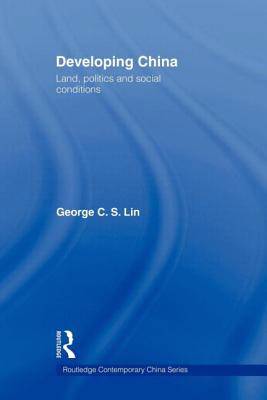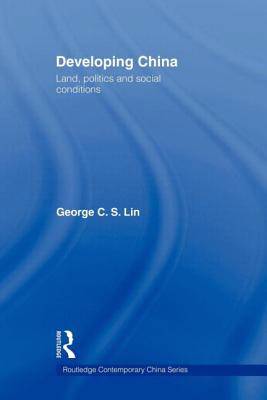
- Retrait gratuit dans votre magasin Club
- 7.000.000 titres dans notre catalogue
- Payer en toute sécurité
- Toujours un magasin près de chez vous
- Retrait gratuit dans votre magasin Club
- 7.000.000 titres dans notre catalogue
- Payer en toute sécurité
- Toujours un magasin près de chez vous
Description
In the first systematic documentation of the pattern and processes of land development taking place in China in the last two decades George C.S Lin advocates a fresh and innovative approach that goes beyond the privatization debate to probe directly into the social and political origins of land development. He demonstrates the special and paradoxical nature of China's land development and challenges the perceived notion of a causal relationship between property rights definition, efficient land use, and sustained economic growth.
In contrast to the existing literature in which changes in urban and rural land are treated separately, the rural-urban interface is shown to be the most significant and contentious locus of land development where competition for land has been intensified and social conflicts frequently erupted.
Theoretically provocative and empirically well-grounded, Developing China provides a systematic, insightful, and authoritative account of the enormous development of China's precious land resources. As such, it will be of great interest to scholars, students, and professional practitioners in the fields of development studies, political economy, regional political ecology, planning, economics, geography, land use management, and sustainable development with a special focus on contemporary China under market transition.
Spécifications
Parties prenantes
- Auteur(s) :
- Editeur:
Contenu
- Nombre de pages :
- 344
- Langue:
- Anglais
- Collection :
Caractéristiques
- EAN:
- 9780415666138
- Date de parution :
- 24-03-11
- Format:
- Livre broché
- Format numérique:
- Trade paperback (VS)
- Dimensions :
- 156 mm x 234 mm
- Poids :
- 521 g







